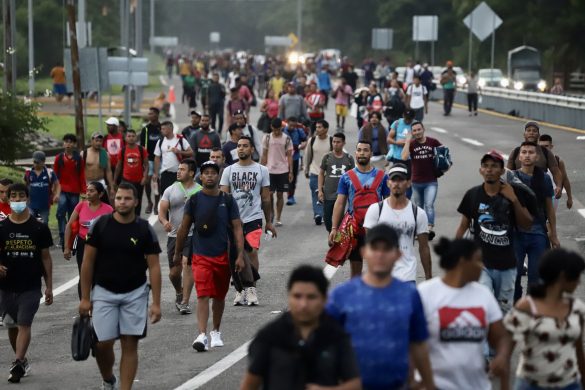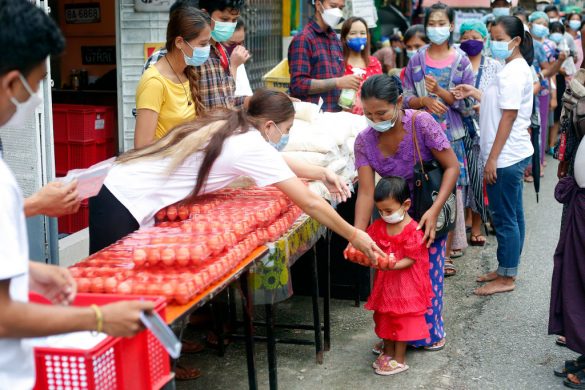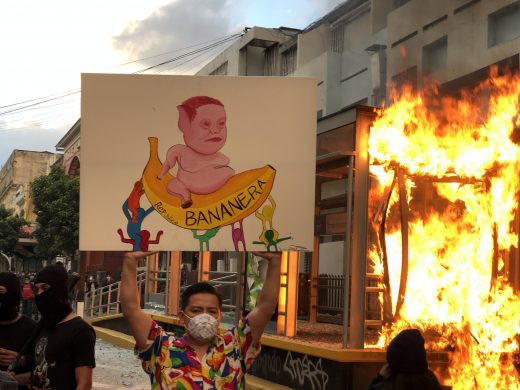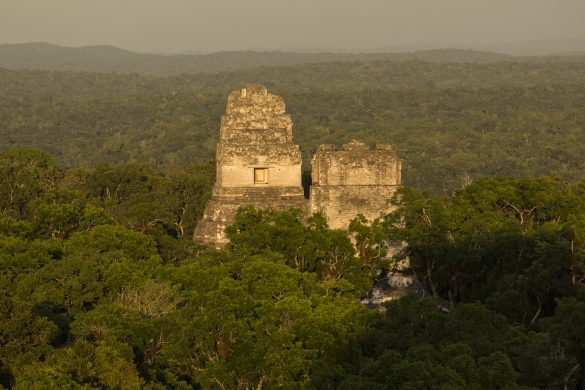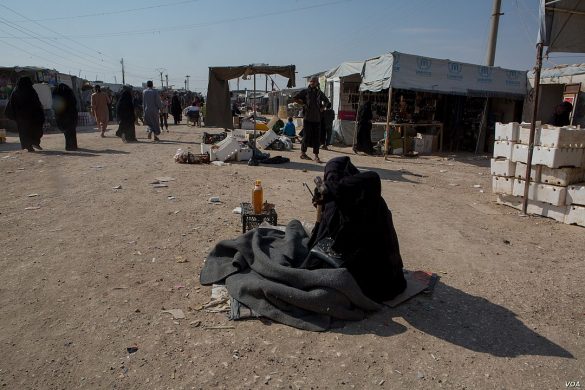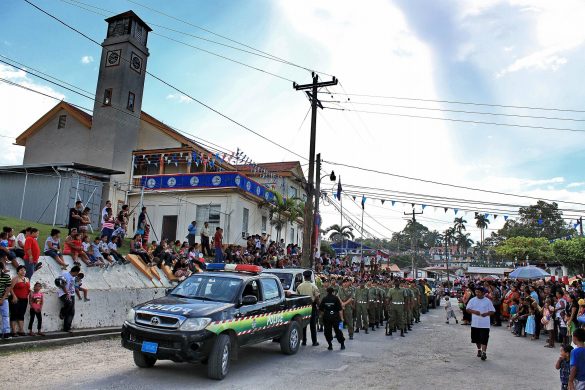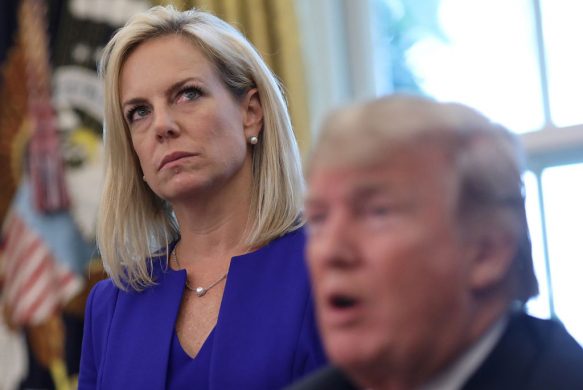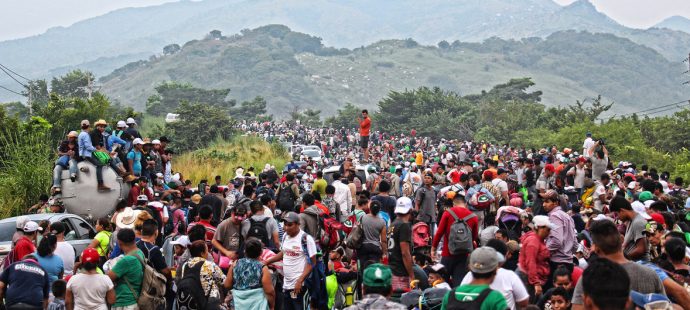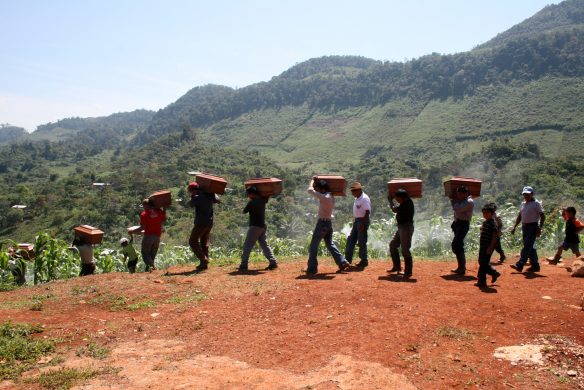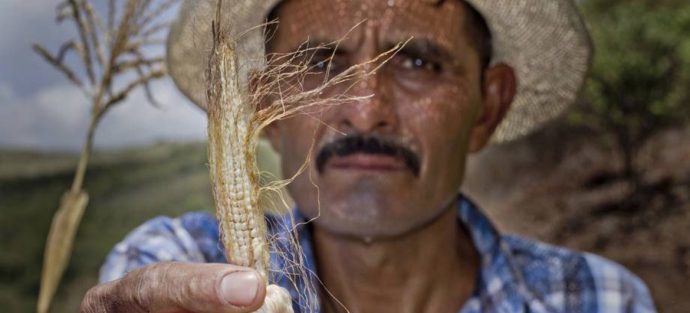Behind these changes is a unique multilateral experiment, the UN-sponsored International Commission Against Impunity in Guatemala (CICIG), whose investigators work with national prosecutors to dismantle criminal networks within the state.
CICIG is not a permanent fix, however. Guatemala will lose its opportunity unless national leaders assume the fight against impunity as their own, approve stalled justice and security sector reforms and muster the financial resources to strengthen domestic institutions.
Works with prosecutors and police
CICIG began operations in 2007 to investigate clandestine security groups that continued to operate within the state following the 1996 accords that ended 36 years of intermittent armed conflict.
Unlike traditional capacity-building efforts, it not only trains, but also works side by side with national prosecutors and police, providing them with the necessary technical expertise and political autonomy to hold powerful suspects accountable before the law.
CICIG has promoted and helped implement legislation to create a witness protection program, tighten gun controls, establish rules for court-ordered wiretaps and asset forfeiture and institute high-risk courts for the trial of particularly dangerous defendants.
At the same time, it has carried out complex, high-profile probes that resulted in charges against a former president for embezzlement, an ex-minister and other top security officials for extrajudicial executions and dozens of additional officials and suspected drug traffickers for fraud, illicit association and homicide.
Weak and vulnerable institutions
The commission has faced significant setbacks and limitations, however. Some high-profile cases have ended in acquittal.
Key reforms, such as a judicial career law, have stalled in Congress.
The most dramatic blows it has delivered against impunity came in 2015 with the arrest of almost 200 officials for corruption, including a multi-million dollar scheme to defraud customs.
Working with national prosecutors, CICIG collected and analysed massive amounts of evidence. The evidentiary trail, according to prosecutors, led to President Otto Pérez Molina, who resigned (though denying any criminal activity) and now awaits trial in a military prison.
Independence and courage
A crucial ingredient is popular support. Both the commission and public prosecutors enjoy wide approval among citizens exhausted by violent crime and corruption.
The investigations spawned a broad civic movement for justice reform and government transparency. In a country long polarised by ideological, economic and ethnic differences, the anti-corruption crusade has at least temporarily united groups ranging from business associations to labour unions, urban professionals to indigenous leaders.
Fuelled by anger
Anger over government fraud holds this movement together, rather than any clear agenda for change. Elected leaders should channel discontent into positive action by initiating a national debate on the reforms needed to strengthen justice and encourage accountability.
Morales, a former television comedian, campaigned as the anti-politician. He has yet to put forward a clear reform program, including new legislation to guarantee the independence of judges and prosecutors, toughen campaign-financing laws and create honest, professional civilian police.
Moreover, a weak, underfunded state needs to enact fiscal and tax reforms so that its justice institutions have the resources needed to pay good salaries, provide decent working conditions and extend their coverage across the country.



